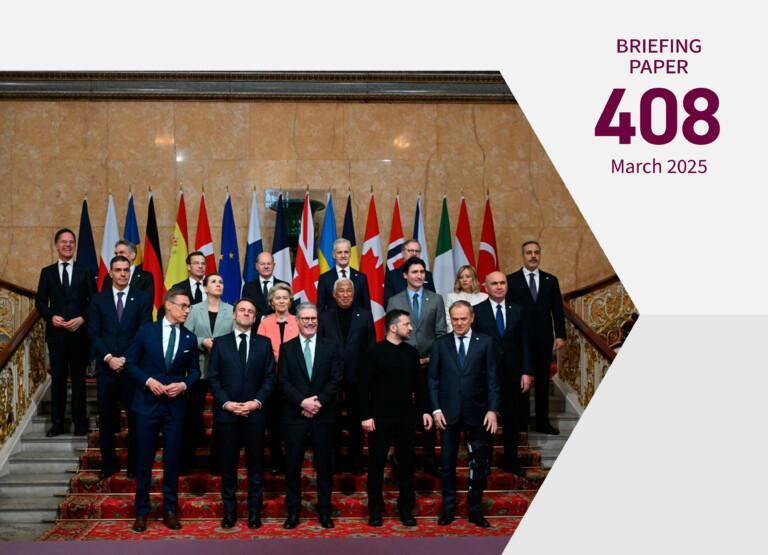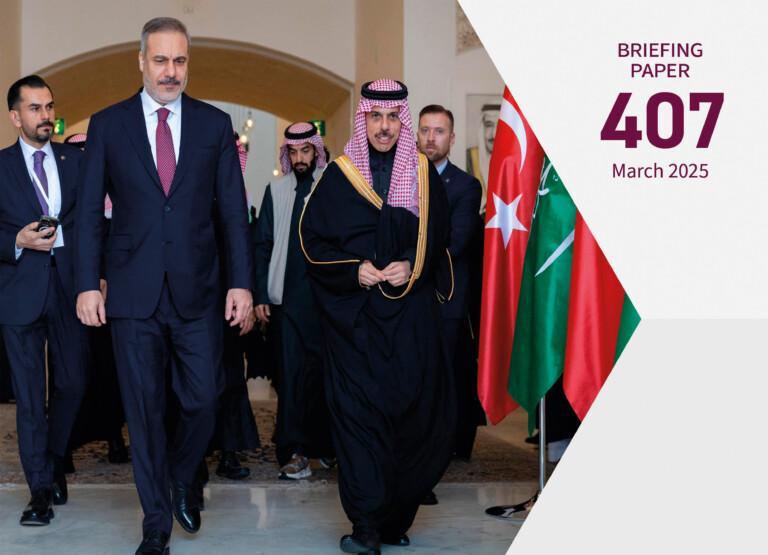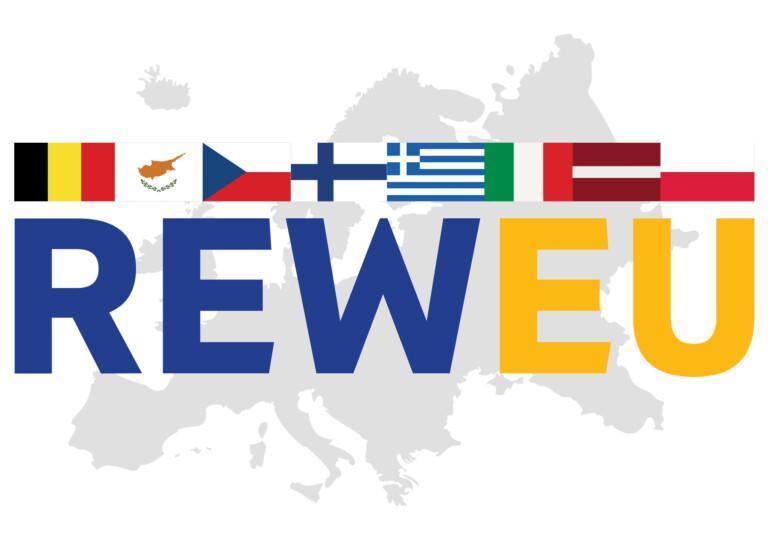
The war in Donbas continues, with no quick settlement in sight. Amidst speculation about a ‘grand bargain’ between the US and Russia at the expense of Ukraine, it is in Europe’s self-interest to stick to a policy that condemns the Russian aggression and supports Ukraine’s sovereignty.
The war in Donbas continues, with no quick settlement in sight. Amidst speculation about a ‘grand bargain’ between the US and Russia at the expense of Ukraine, it is in Europe’s self-interest to stick to a policy that condemns the Russian aggression and supports Ukraine’s sovereignty.
It will soon be three years since Russia annexed Crimea and launched a hybrid war in eastern Ukraine. 10,000 people have been killed, and 1.7 million are now registered in other parts of the country as internally displaced persons.
The second Minsk agreement, concluded in February 2015 between the leaders of Russia, Ukraine, Germany and France, has probably helped to reduce the fighting and stabilize the contact line that separates the ‘fantasy republics’ of Donetsk and Luhansk, orchestrated and supplied by Russia, from the territory controlled by the Ukrainian government. The Russian-controlled area in the east covers less than five per cent of Ukraine’s territory.
However, the Minsk agreements have failed to lead to a settlement. The Russian interpretation of the agreements has aimed at legitimization of the two puppet regimes as autonomous parts of Ukraine. This could allow Russia to control Ukraine’s key foreign policy decisions. There are good grounds for assuming that the Kremlin is not interested in a settlement that would truly respect Ukraine’s sovereignty and right to self determination.
In recent years, Ukraine has learned to better defend itself not only against Russia, but also against Western pressure to accept concessions that would endanger its sovereignty and governability. Last year it succeeded in convincing its Western partners that local elections in the rebel areas, foreseen by the Minsk agreement, have to be conditional upon the establishment of a satisfactory security situation.
So far, the OSCE monitoring mission that operates in the conflict area has only very limited access to the rebel statelets. Independent journalists and NGOs have largely been ejected. Regular reports by the UN Human Rights Office paint a bleak picture of unsafety and the despair of the remaining local population. Talks about turning the OSCE mission into an armed police mission have been met with protests in the rebel areas.
The inauguration of Donald Trump as President of the United States has injected some new dynamics, and above all greater uncertainty, into the ongoing conflict. What is known is that Trump has talked about dropping sanctions and seeking to mend relations with Russia. This has fuelled concerns that a grand bargain between the big powers might involve the US acknowledging that Ukraine (and possibly some other countries neighbouring Russia) belongs to Moscow’s sphere of interest.










